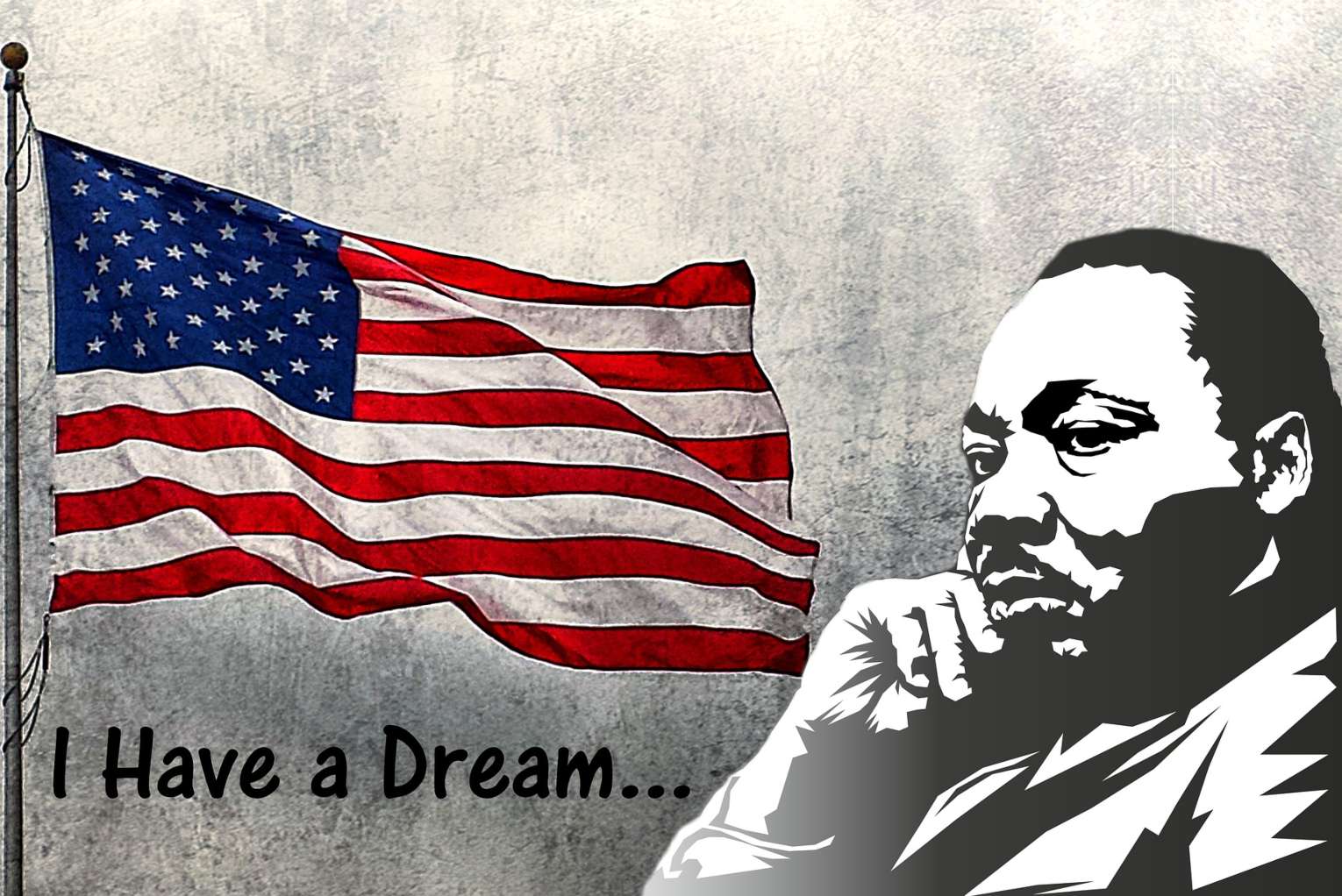Writing in 1963 from the Birmingham City Jail where he had been incarcerated, Dr. Martin Luther King Jr. expressed his firm belief that his fight for civil rights would succeed because of America’s distinct and godly heritage. He wrote, “Our destiny is tied up with the destiny of America . . . We will win our freedom because the ‘sacred heritage’ of our nation and the eternal will of God are embodied in our echoing demands.”
Calling America’s heritage “sacred” indicated that King believed that there was something special and godly in the founding of the U.S. He obviously considered the Jim Crow South where he lived and worked to be a clear departure from America’s founding vision.
Breaking News. Spirit-Filled Stories. Subscribe to Charisma on YouTube now!
Frederick Douglass (1816-1895), the former slave and abolitionist, had come to the same conclusion 100 years earlier. In his early years, Douglass felt he had no part in America, but after years of research he changed his thinking completely. In a July Fourth speech in 1852, he called the U.S. Constitution “a glorious liberty document,” adding, “I am not wanting in respect for the fathers of this republic. The signers of the Declaration of Independence were brave men. They were great men too—great enough to give fame to a great age. It does not often happen to a nation to raise, at one time, such a number of truly great men.”
Douglass called the founders “brave men” because they took a bold stand against slavery at a time when it was accepted and practiced in much of the world. The eminent Black scholar, Dr. Thomas Sowell, has said,
Slavery was just not an issue, not even among intellectuals, much less among political leaders, until the 18th century–and then it was an issue only in Western civilization. Among those who turned against slavery in the 18th century were George Washington, Thomas Jefferson, Patrick Henry and other American leaders. You could research all of 18th century Africa or Asia or the Middle East without finding any comparable rejection of slavery there (Hyatt, “1726: The Year that Defined America,” 90).
It was the Great Awakening (1726-1770) in Colonial America that shattered racial and cultural barriers and unleashed antislavery outrage throughout the Colonies. This Christian Awakening resulted in virtually every Founding Father, even those who were slaveowners, taking a public stand against it.
THANK YOU FOR VISITING MYCHARISMA.COM. TO ENJOY THE REST OF THIS MYCHARISMA POST, PLEASE VISIT THIS LINK.
Join Charisma Magazine Online to follow everything the Holy Spirit is doing around the world!












































